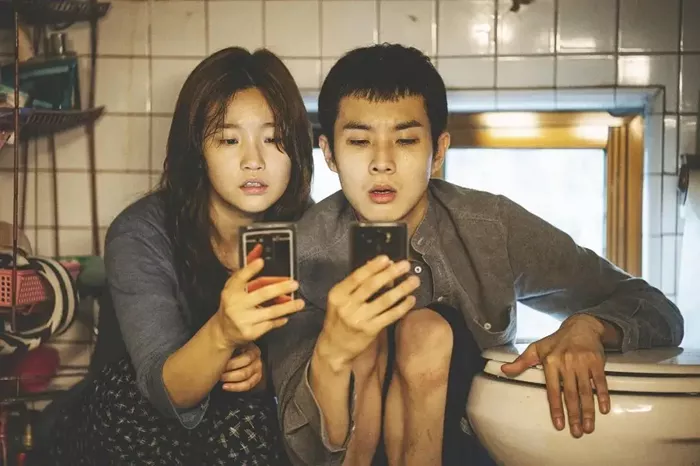The Chinese entertainment world is facing growing criticism as several high-profile figures recently made controversial statements about their substantial incomes, highlighting the widening wealth gap between celebrities and ordinary citizens.
Viral Influencer’s Crude Response Fuels Controversy
He Qiushi, an influencer with millions of followers, recently faced plagiarism allegations regarding his concert. During a live broadcast addressing the controversy, the social media star shocked viewers by lashing out at fans: “I give away 30,000-50,000 yuan daily in red envelopes and lucky draws. If you could reach my level, you could do the same.” His crude remarks only intensified public backlash against the perceived arrogance of China’s new digital elite.
Actress’s “Humblebrag” About Earnings Goes Viral
Veteran actress Huang Yi sparked widespread criticism after revealing at a film premiere that she had earned 80,000 yuan per day from commercial wedding performances during her acting hiatus. While attempting to express gratitude for returning to cinema, her comments about this substantial income source struck a nerve with audiences struggling with economic pressures.
The revelation prompted intense online debate, with many comparing their modest salaries to Huang’s daily earnings. “As an elementary school teacher shouting myself hoarse daily, I don’t make 80,000 yuan in a year,” one comment read, reflecting the growing resentment toward celebrity wealth.
The Disconnect Between Stars and Ordinary Citizens
Industry observers note these incidents reveal a fundamental breakdown in understanding between celebrities and their audiences. What stars perceive as modest earnings represent unimaginable wealth for most Chinese workers.
When “Struggles” Become Tone-Deaf
Several celebrities have faced criticism for complaining about their privileged lifestyles. Singer-actor Jike Junyi drew ire for lamenting the difficulties of celebrity life while using Hermès tableware, and actress Zhang Ting’s emotional直播 about her busy schedule while living in luxury properties was similarly poorly received.
The 2021 “208 scandal,” where actress Zheng Shuang was accused of earning 1.6 million yuan daily, became a cultural flashpoint. The term “208w” now symbolizes the vast wealth disparity in China’s entertainment industry.
Misguided Attempts at Relatability
Celebrities’ attempts to appear relatable often backfire spectacularly. Zhang Yuqi faced backlash for claiming “699 yuan can’t even buy socks” while promoting products, and Li Yapeng described eating takeout for a week as his “darkest moment.”
This disconnect extends to on-screen portrayals, with many Chinese dramas presenting unrealistic depictions of working-class life. One particularly egregious example featured a Shanghai food delivery driver living in a spacious, well-appointed apartment with ample leisure time.
A Look Back at More Grounded Entertainment Era
Veteran actor Liu Lin recalls a time when all cast members, regardless of status, ate the same meals on set. Screenwriter Wang Hailin notes that during productions like “Iron Teeth Bronze Tooth Ji Xiaolan,” lead actors earned comparable salaries to writers.
Lessons From Hong Kong’s Entertainment Industry
In contrast to mainland China’s star system, Hong Kong’s TVB maintains transparent pay scales, with actors earning standard rates per screen time. Many performers take on service industry jobs between acting gigs, maintaining a stronger connection to everyday life.
As public frustration grows, the entertainment industry faces increasing pressure to address this perception gap. For celebrities hoping to maintain public support, the path forward may require genuine efforts to understand the realities of their audience’s lives rather than expecting sympathy for their privileged positions.
Related topics:


